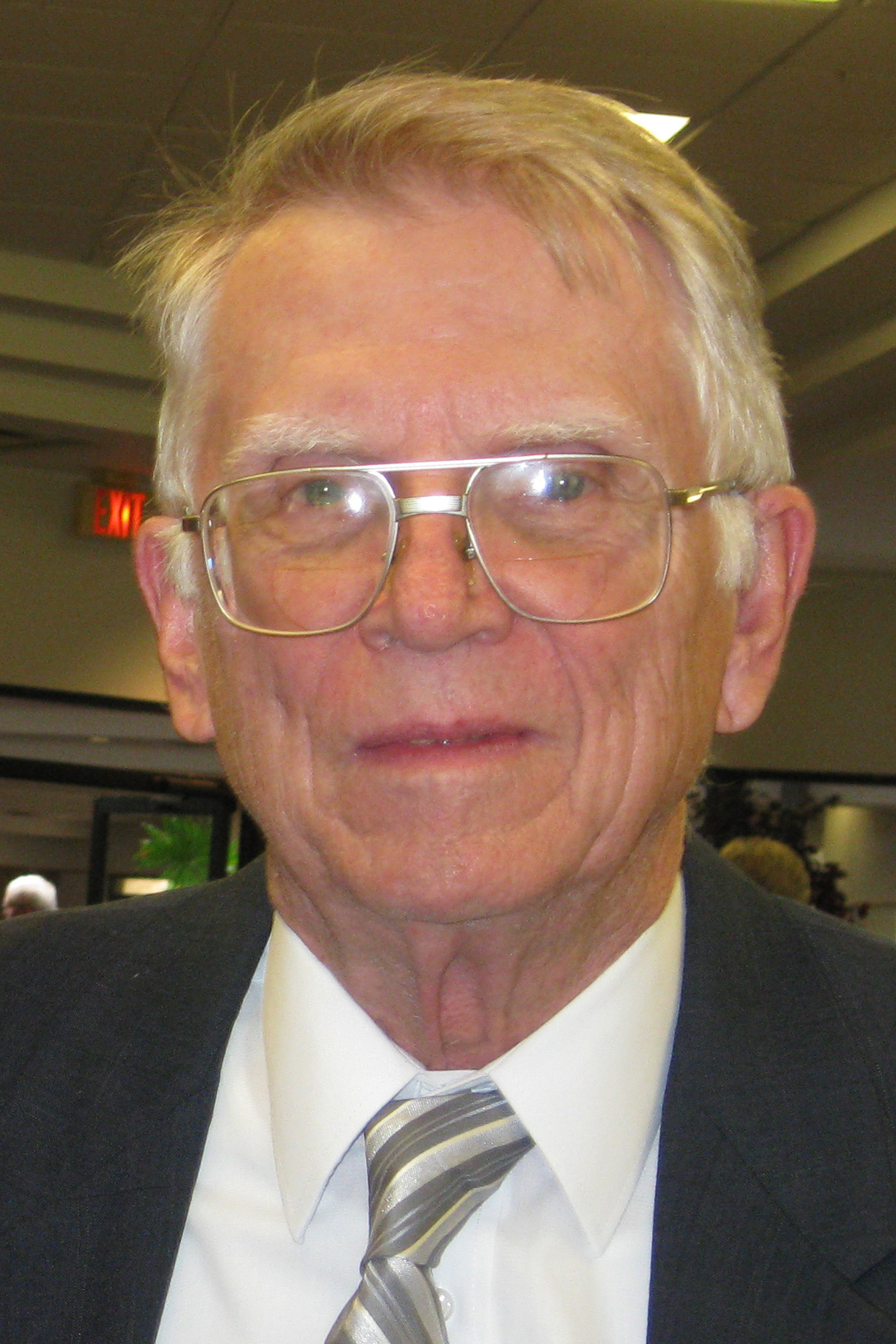The Rev. A.W. “Bill” Martin Jr., emeritus professor of religion emeritus at Oklahoma City University, offers some timely advice in a letter to the newly ordained about applying what they learned in seminary.
Dear Rev.
Congratulations on your recent ordination. I’m glad that I had a role, in your introductory New Testament class and in a course on the Gospels, in your seminary education!
You are on my short “most unforgettable students” list. This is the case because of the letter you wrote a year or so after graduation, in which you forthrightly charged me with having failed in my classes to discuss how critical biblical study learned in seminary should affect preaching in the local church.

The Rev. A.W. “Bill” Martin Jr. is emeritus professor of religion emeritus at Oklahoma City University. Photo courtesy of the Rev. A.W. “Bill” Martin Jr.
I stand guilty as charged, having previously convinced myself that I should leave such matters to my colleagues who taught preaching. I would like to try to do penance by now making a few brief practical suggestions that, I hope, will help you and other busy pastors who have entirely too many irons in the fire.
You will of course recognize many critical issues underlying these suggestions. I have tried to word them, where I could, in a way that might enable the underlying concerns to come alive in a fresh way.
- Review a university textbook. You're going to a county-seat town not far from a state university that has a fine religious studies department. Get a copy of a textbook it uses for New Testament introduction. You are now the resident Bible expert in your congregation, and maybe in your town, and such a text, revised every few years, will help you keep up with what's going on in biblical studies.
- Read fifth-grade textbooks. Arrange with an elementary school principal to spend an afternoon looking over the science and literature books used by fifth-graders. I think you'll be impressed with how they are learning to think like scientists as they gather and compare data, then develop logical hypotheses and test them. And I think you may be even more impressed at their learning about different literary "genres" — yes, the term is used in the text that I examined! You are much freer in the pulpit, I believe, than you may expect, to discuss openly how biblical accounts of different kinds that contradict modern science still can be “true.”
- Remember the pew Bibles. My guess is that in your new church you will find either the New Revised Standard Version or the New International Version in the pews. Either way, the pew Bibles will contain footnotes from the translation committee that show alternate readings. Some congregants will wonder about them and probably really be puzzled by the occasional double brackets that the NRSV uses in the text itself when there is serious doubt about the enclosed words. Don't ignore these difficulties. If mention of them doesn't fit into your sermon, then put a note in the bulletin or the weekly newsletter.
- Preach on Gospel themes. I imagine you'll be following the lectionaries that focus on Matthew one year, Mark the next, and then on to Luke the following year, with generous portions of John worked into all three years. This arrangement is an open invitation to ask the Gospel writers about their particular understanding of Jesus. It invites you to maintain the skills you learned in literature classes across the years when you asked, “What are writers trying to say?” It opens up for conversation the incredibly rich variety of theological insights about Jesus that the Gospel writers and their sources represent.
- Leave Jesus in Judaism. Needless to say, you will plan to refer fairly often to what the historical figure Jesus of Nazareth said or did. To do this means keeping Jesus in his context of first-century Judaism. It means identifying places within the New Testament itself that separate him from his Jewish context. It means, in other words, never turning Jesus into a Christian theologian.
- Admit lack of certainty. To base sermons on what Jesus said or did means you have to do what historians do, deal with varying degrees of probability. There is little that can be said about him with absolute certainty, and you will mislead your flock if you claim to know more than you really know. Besides the young grade-school scientists and literary critics in your congregation are budding young historians as well. I think it likely that neither they nor their parents will be shocked to learn that Jesus of Nazareth may not have said every word attributed to him or done every deed credited to him. They will respect open honesty, I believe, much more than an assumption that painfully obvious problems do not exist.
Wishing you exciting and challenging times as you prepare your sermons,
Your old New Testament professor,
The Rev. A.W. “Bill” Martin Jr.
Like what you're reading? Support the ministry of UM News! Your support ensures the latest denominational news, dynamic stories and informative articles will continue to connect our global community. Make a tax-deductible donation at ResourceUMC.org/GiveUMCom.




